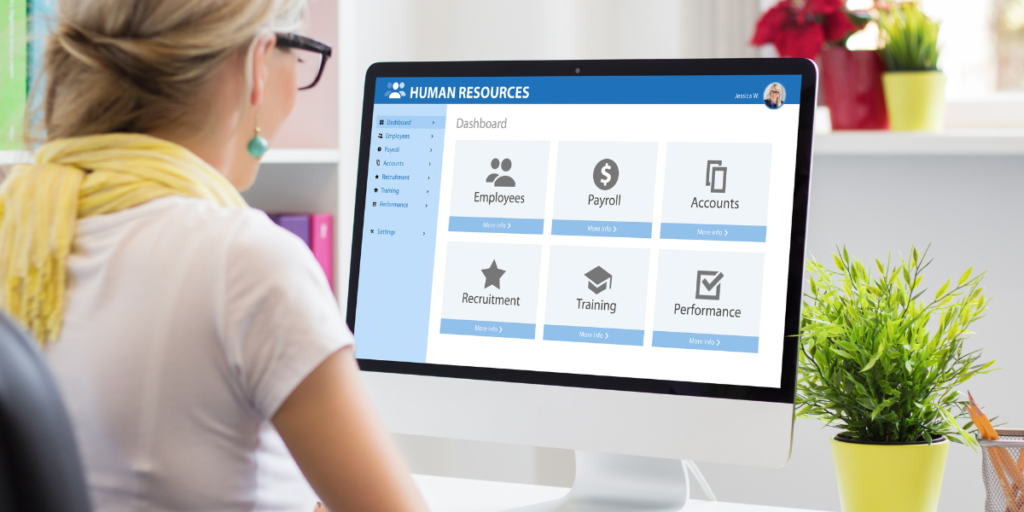The Point: The field of accounts payable has long been associated with tedious and time-consuming manual tasks. From data entry to invoice processing, businesses have struggled to streamline these processes efficiently. However, with the advent of artificial intelligence (AI), organizations now have the opportunity to revolutionize their accounts payable operations. This article explores the benefits and considerations of incorporating AI in accounts payable, providing insights into why it is indeed an investment worth making…Enjoy!

Enhancing Efficiency and Accuracy
One of the primary advantages of AI in accounts payable is its ability to enhance efficiency and accuracy in financial processes. Traditional manual processes are prone to human errors and inefficiencies, leading to delays, incorrect data entry, and processing bottlenecks. AI-powered automation systems can significantly reduce these issues by automating repetitive tasks such as data entry, invoice processing, and payment reconciliation. By leveraging AI, businesses can achieve faster processing times, improved accuracy, and enhanced visibility into their financial data.
Leveraging Machine Learning for Intelligent Invoice Processing
AI technologies such as machine learning have revolutionized invoice processing, allowing businesses to automate and streamline this critical task. Machine learning algorithms can be trained to analyze and extract relevant information from invoices, such as vendor details, purchase order numbers, invoice amounts, and due dates. This automated extraction eliminates the need for manual data entry, reducing errors and saving valuable time for accounts payable teams. Machine learning models also become more accurate over time as they learn from historical data, further improving the efficiency of invoice processing.
Harnessing Robotic Process Automation for Speed and Scalability
Robotic Process Automation (RPA) is another AI technology that offers significant benefits in accounts payable. RPA involves the use of software robots to perform rule-based tasks and workflows. In the context of accounts payable, RPA can automate tasks such as invoice validation, matching purchase orders with invoices, and generating payment reports. By leveraging RPA, organizations can achieve higher processing speeds, improved scalability, and reduced manual intervention. Moreover, RPA bots can work 24/7, enhancing productivity and enabling businesses to process invoices promptly, regardless of the time or day.
Cost Savings and Strategic Insights
In addition to efficiency gains, incorporating AI in accounts payable can yield substantial cost savings for organizations. By automating manual tasks, businesses can reduce their reliance on labor-intensive processes, resulting in decreased operational costs. Moreover, AI-powered systems can help identify and prevent payment errors, duplicate invoices, and fraudulent activities, saving organizations from financial losses. Furthermore, AI analytics can provide valuable insights into spending patterns, invoice discrepancies, and vendor performance, enabling businesses to make data-driven decisions and optimize their financial processes.
Key Considerations and Challenges
While the benefits of incorporating AI in accounts payable are evident, there are certain considerations and challenges that organizations should be aware of. First and foremost, implementing AI technologies requires careful planning, evaluation, and integration with existing systems. Data security and privacy concerns must also be addressed to protect sensitive financial information. Additionally, organizations must ensure that employees receive appropriate training to understand and work alongside AI systems effectively. Finally, it is crucial to monitor and evaluate the performance of AI systems continuously, making necessary adjustments to maximize their efficiency and accuracy.
SUMMARY
Incorporating AI in accounts payable is undoubtedly an investment worth making for organizations seeking to optimize their financial processes. The efficiency gains, cost savings, and improved accuracy offered by AI-powered automation can have a significant impact on a business’s bottom line. By leveraging machine learning and RPA, businesses can streamline invoice processing, enhance scalability, and gain valuable insights for strategic decision-making. While challenges exist, careful planning, training, and monitoring can help organizations successfully implement AI in their accounts payable departments and unlock the full potential of these transformative technologies. Embracing AI in accounts payable is not just a trend but a necessity in today’s fast-paced and competitive business environment.
Sam Palazzolo, Managing Director @ Tip of the Spear Ventures